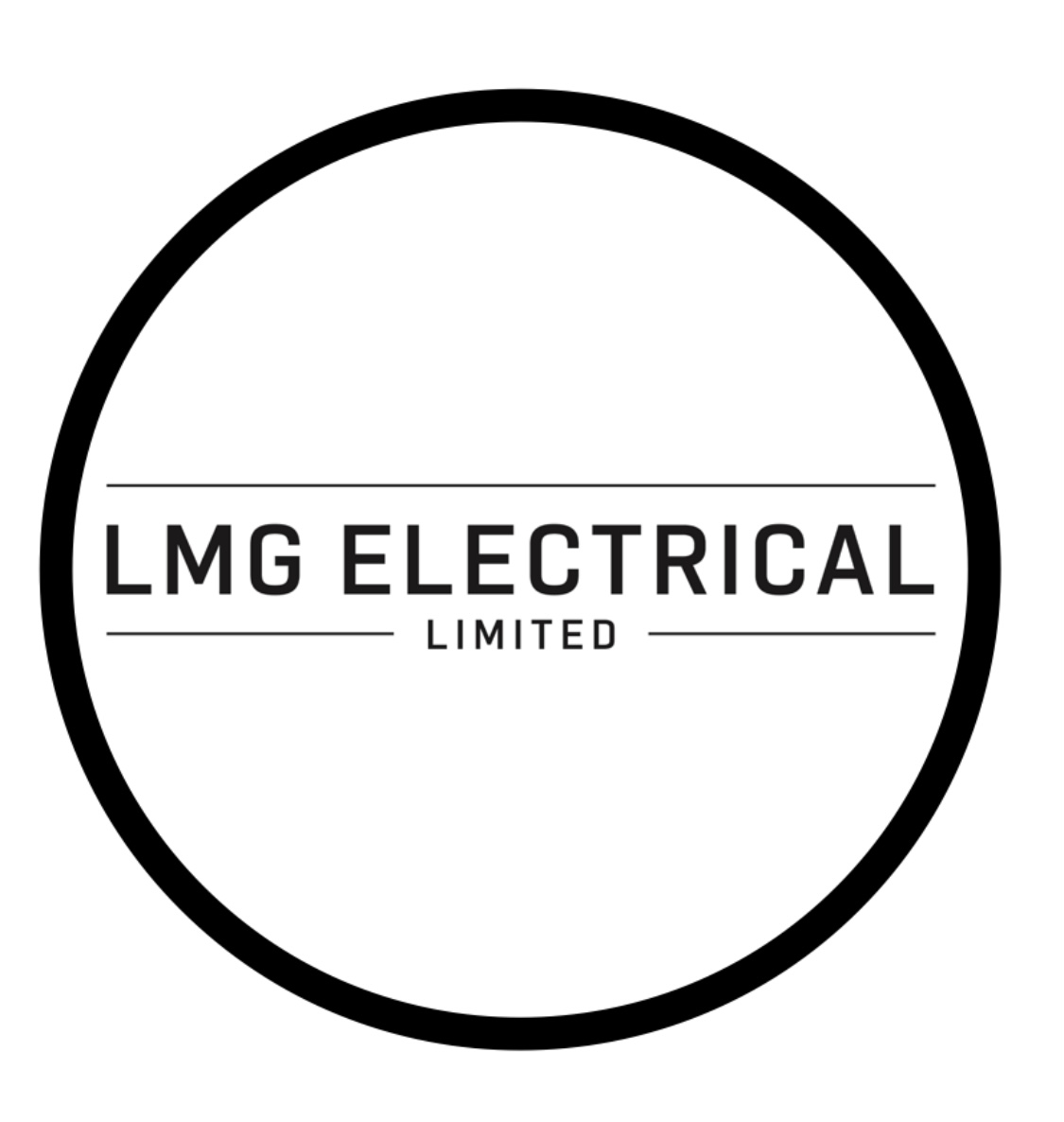Keeping your home and businesses electrical safety in check
- LMG Electrical Limited

- Sep 5, 2024
- 2 min read
Your home and businesses electrical safety is imperative.
Ensuring the safety of the electrical systems in your home and businesses is crucial for protecting both property and lives. Proper electrical safety measures not only prevent damage to appliances and equipment but also reduce the risk of electrical fires and shocks.
Regular inspections of the wiring, outlets, accessories, fixtures, consumer units and distribution boards can help identify any potential hazards or issues before they escalate. It is important to hire qualified approved electricians and contractors to carry out these inspections and address any necessary repairs or upgrades.
Additionally, investing in surge protectors, residual current circuit breaker with overcurrent protection (RCBOs) and arc fault detection devices (AFDDs) can provide an added layer of protection against electrical faults and fires

Furthermore, educating yourself and others about electrical safety practices, such as avoiding overloading circuits, using appliances properly, and keeping electrical equipment away from water sources, can significantly reduce the likelihood of accidents.
Remember, prioritising electrical safety in your home and businesses is not just about compliance with regulations; it is about safeguarding your property, your loved ones, and yourself from potentially dangerous situations.
Keeping up to date with electrical installation condition reports (EICRs) when they are due not only ensures the installation is safe and suitable for continued use, with regard to businesses keeps compliance and insurances in check. Your business insurance maybe invalidated if it is not kept up to date appropriately.
Periods between checks
As a general rule, at the time of writing this the below guidance shows the intervals between Electrical Installation Condition Reports (EICRs) for homes, rented properties and businesses, though this can be shorter depending on the condition of the installation and the previous engineers assessment of the installation. Home owners generally do not undertake the checks until something goes wrong, so if you're looking to buy a property in the future consideration on undertaking an EICR on the property is highly recomended. Property surveys do not incorporate electrical installations regardless of the type of property survey requested.
Domestic owner occupied dwellings: 10 Years
Rented accommodation: 5 Years
Businesses, commercial, industrial premises: 5 Years
Always check the electrician and or electrical contractor you employ to carry out any electrical work in your home or business is trained and competent to do so. Details of which can be found online through the relevant governing bodies websites below (list is not exhaustive). If the person or business is not listed in any governing body do not employ them:



Comments